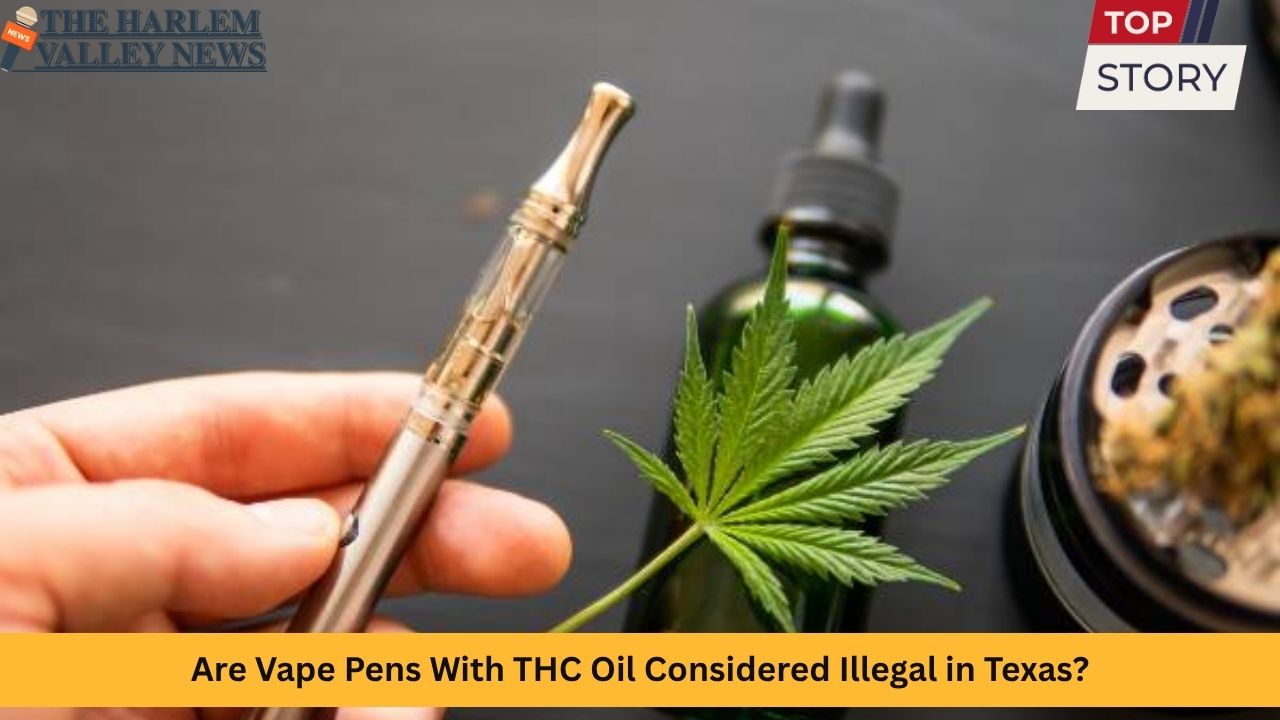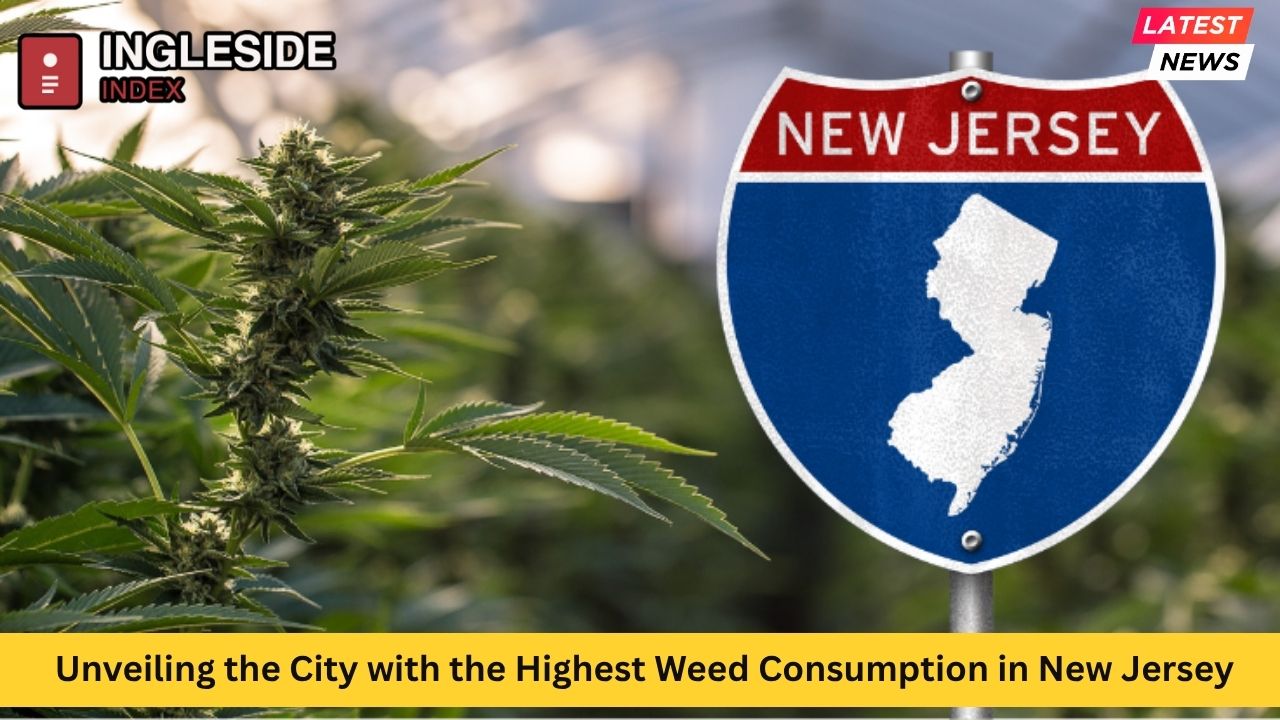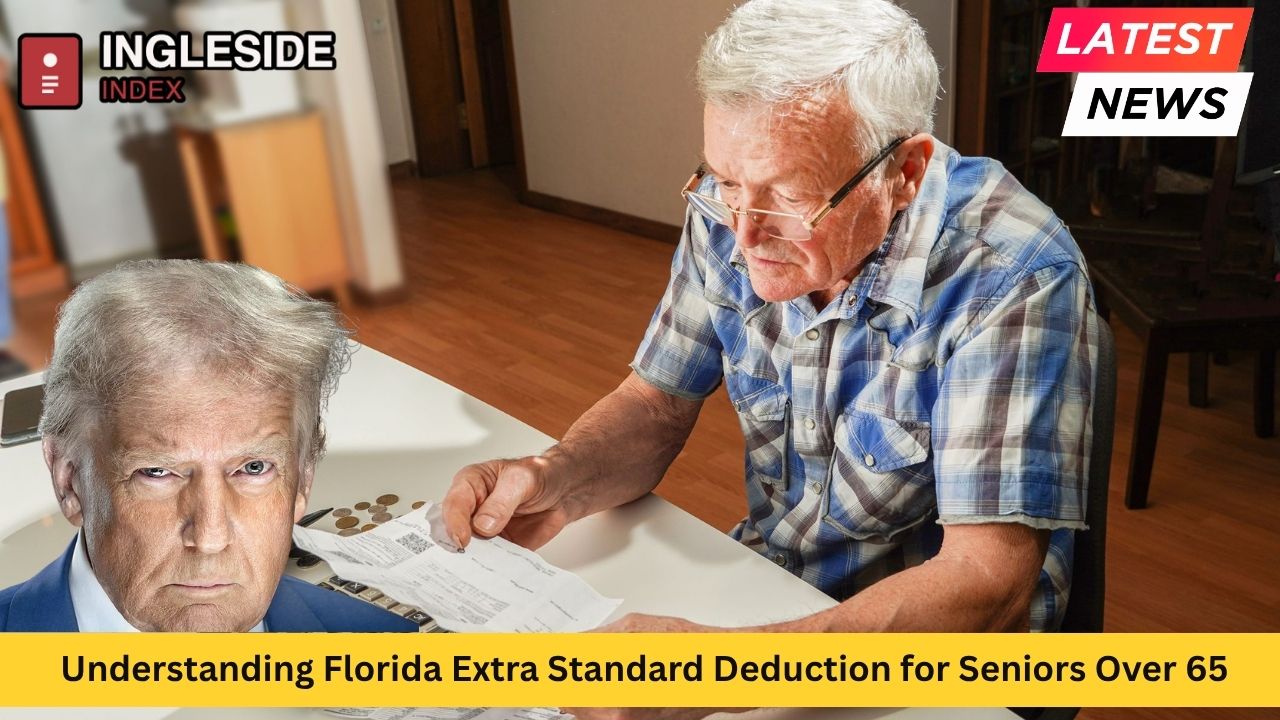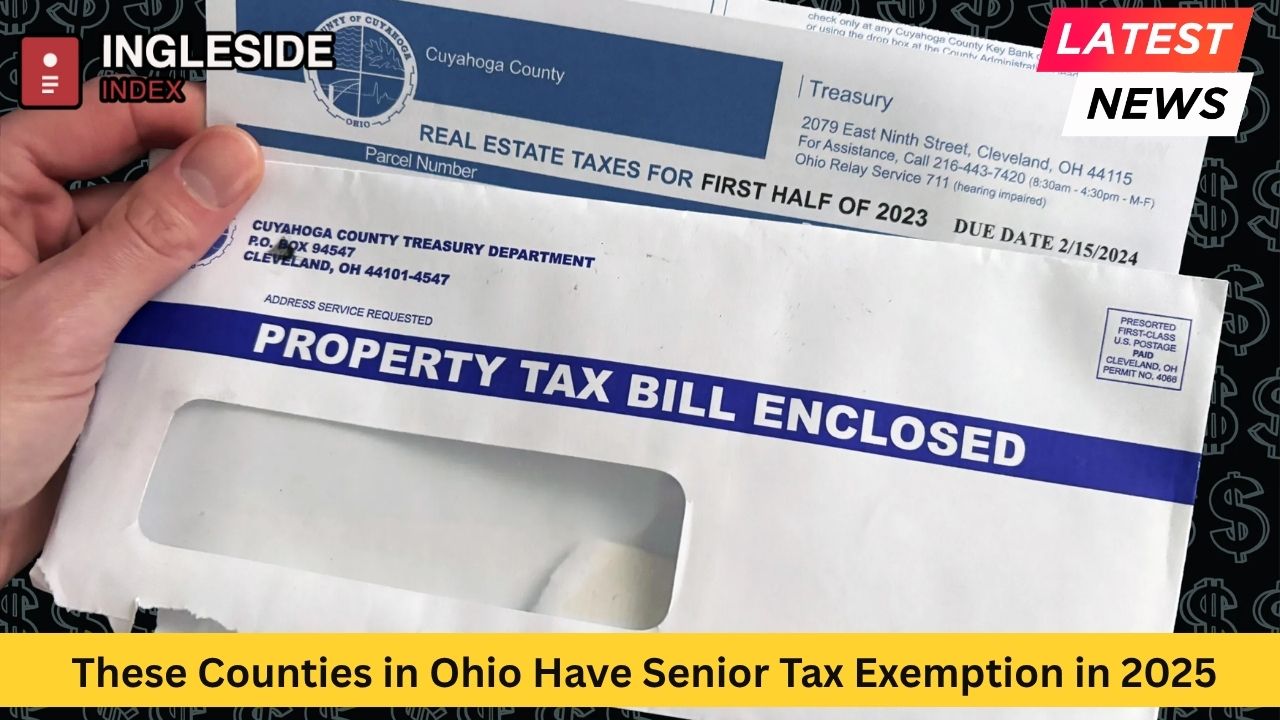Texas’ relationship with cannabis products has always been complex, and the advent of vape pens with THC oil has added new legal layers. Across major Texas cities like Houston, Dallas, Austin, San Antonio, El Paso, Fort Worth, and Plano, public confusion persists around the legality of vaping THC oil, especially in light of rapid legal developments and increased popularity. This detailed guide explores the law as of July 2025, breaks down the facts, and offers real statistics about THC vaping in Texas.
The Current Legal Landscape of THC in Texas
State Laws and Recent Legislation
Despite widespread change elsewhere, Texas has historically maintained strict anti-cannabis laws. As of 2025, the possession, sale, or use of THC oil in vape pens remains a felony offense statewide — unless you qualify under a narrow medical exception. Texas law classifies THC and its oil or concentrated forms as “Penalty Group 2” controlled substances. This applies in Houston, Dallas, Austin, San Antonio, El Paso, Corpus Christi, Lubbock, and every other city in Texas.
Legislative action has been especially active. In May 2025, the Texas Legislature passed SB 3, intended to ban all hemp-derived products containing any amount of THC. However, Governor Greg Abbott vetoed the bill, and the debate is ongoing, with further regulation likely but not yet fully in effect as of the summer of 2025.
Local Enforcement Across Texas Cities
While the law is uniform across Texas, enforcement can vary by city and county. Urban centers like Dallas and Houston have seen high rates of THC vape pen-related arrests, and suburban or rural areas are often even stricter. El Paso, for example, has witnessed a dramatic increase in felony charges among minors related to vape pens containing THC — with more than 650 youth facing felony proceedings in just the first five months of 2023.
What Constitutes a “THC Vape Pen” Under Texas Law?
THC, the psychoactive component of marijuana, comes in various forms, including:
-
Cannabis flower (bud)
-
Oils and concentrates (including vape cartridges)
-
Edibles, waxes, and tinctures
Texas treats oils and concentrates — which are typically used in vape pens — differently from flower marijuana. Even possessing a trace amount of THC oil is considered a felony. The law draws no distinction between a small “dab” and a full cartridge: possession in any amount is a serious offense.
For example, in Fort Worth or Amarillo, if you possess a vape pen with a cartridge containing THC oil — whether it’s Delta-8, Delta-9, Delta-10, or another variation — you’re at risk of felony charges.
Penalties and Prosecution
Felony Classification
Holding a THC vape pen turns what would be a misdemeanor (if caught with marijuana flower) into a felony offense in Texas. The penalties escalate quickly, and this applies in cities from Corpus Christi to Arlington:
-
Possession of Less Than 1 Gram: State jail felony, 6 months to 2 years in state jail, and a fine up to $10,000.
-
1 to 4 Grams: Third-degree felony, 2 to 10 years in prison, maximum $10,000 fine.
-
4 to 400 Grams: Second-degree felony, 2 to 20 years in prison, up to a $10,000 fine.
-
Over 400 Grams: First-degree felony, 5 years to life in prison, maximum $50,000 fine.
It is important to note that these legal consequences are enforced across metropolitan, suburban, and rural jurisdictions alike.
Impact on Record and Future Opportunities
A felony conviction — including for a small amount of THC oil in a vape — can have life-changing consequences. It may:
-
Appear on criminal background checks
-
Create barriers to employment and housing
-
Negatively affect immigration status
-
Lead to loss of driving privileges
-
Impact eligibility for student loans
The Exception: Texas Compassionate Use Program
Texas does allow some patients to legally possess products containing low-THC cannabis under the Compassionate Use Program (TCUP). However, there are strict limits:
-
Legal for certain qualified medical patients across Texas cities
-
THC content in these products is capped at 1% by weight
-
Smokable or vape products are still not permitted – only tinctures, lozenges, and oils designed for oral administration
As of July 2025, participation in this program is still extremely limited. Less than 4,000 Texans per month are active in the registry, with only a few certified dispensaries operating. Large cities like Houston and Dallas have found that most patients seek relief in hemp-derived alternatives, but legal options remain scarce.
Hemp-Derived THC Products: Confusion and Controversy
With the federal legalization of hemp in the 2018 Farm Bill, Texas permitted the sale of hemp-derived products containing less than 0.3% Delta-9 THC. However, these rules do not shield consumers from legal risk if those products are found to exceed the threshold — and testing is inconsistent at local levels.
This legal gray area has allowed thousands of Texas retailers across Austin, Plano, and Waco to stock vapes, gummies, and related products. By 2025, the state’s hemp market topped $8 billion, employing over 50,000 Texans with more than 8,000 permitted stores.
Still, the ambiguity of field-testing methods and recent attempts to clamp down on hemp-derived THC have resulted in new waves of enforcement. It is common for police in Dallas or Houston to arrest individuals in possession of vape pens, regardless of whether the manufacturer claims they are legal hemp products.
Vaping Statistics and Youth Concerns in Texas
THC vaping has grown rapidly, particularly among teenagers and college students. State health records and law enforcement statistics tell a troubling story:
-
In El Paso, felony cases for underage THC vape possession rose from under 200 to over 700 within a year.
-
Severe lung injuries associated with vaping (EVALI) have been reported, with 354 possible cases by mid-2024 statewide.
-
Texas Poison Control Center reported a nearly 500% increase in marijuana-related calls involving children after hemp legalization.
Cities such as Austin, Dallas, and El Paso report some of the highest rates of youth e-cigarette and THC vape use in the South. In school districts in San Antonio and Houston, administrators and local police routinely encounter vape pens in middle and high schools.
Storefront Sales and Legal Loopholes
Many Texans believe that if THC vape pens are available in stores, they must be legal. This is a dangerous misconception. Retailers, especially in tourist destinations like Galveston, Austin, or the Metroplex area, may openly stock and sell THC vapes or similar products, sometimes labeled as “Delta-8” or “hemp-derived.”
But purchasing from a store is not a defense in court. Texas does not make exceptions for consumers who unknowingly purchase illegal THC products, even if the signage or packaging claims legality. Field testing is unreliable, and prosecution depends on the chemical analysis of the product, not the sales pitch.
The Debate Moving Forward
Public debate continues to rage in all corners of Texas — from legislative halls in Austin to local city councils in Amarillo and San Antonio. Polls suggest the public supports broader reform: 62% of Texans favor full legalization, and 79% want a comprehensive medical program. Meanwhile, state leadership has prioritized attempts to ban or regulate these products more strictly, causing ongoing tension.
Veterans, chronic pain patients, and parent advocates have pressured the state to maintain or expand access to THC for medical uses, rather than cracking down. In 2025, the medical program saw its largest expansion in years, but the restriction on inhaled products remains.
What Should Texans Do?
For anyone living in or visiting Texas cities — from Midland to McAllen — the advice is clear: possession of a THC oil vape pen is still a felony-level crime, with legal consequences that can upend lives, regardless of your age or where you made the purchase.
-
If you are a medical marijuana patient, be aware that vapes are still not permitted even with a prescription.
-
Do not trust unverified store claims about legality.
-
Be aware that cities and counties enforce these laws seriously, especially for young people and students.
Conclusion
THC vape pens are generally considered illegal in Texas as of summer 2025, with few narrow medical exceptions — and even then, vaping THC remains outside the law. Enforcement is strict in all Texas cities, with the risk of felony charges and devastating life consequences for possession of any amount.
The law may continue to evolve, but for now, Texans should be wary and informed. Being caught with a THC vape pen in cities like Dallas, Austin, San Antonio, or Laredo isn’t a minor infraction — it’s a serious legal risk. Stay up-to-date and don’t become another Texas headline or statistic.













Leave a Reply